What treatment
10+ Highly Rated Stem Cell Treatment for Anemia Clinics in United States
Reach Out to These Certified Stem Cell Treatment for Anemia Clinics List in United States Loved by Patients!
Regenestem Fort Lauderdale, USA
Overview
Regenestem is a leading regenerative medicine center in Fort Lauderdale, USA, specializing in treatments for neurological conditions, COPD, MS, and more.
Read more details
California Wellness Institute
Overview
Discover Urology and Anti Aging Regenerative Medicine at California Wellness Institute in Rancho Mirage, California, USA - CWIs expert care.
Read more details
Personalized Regenerative Medicine
Overview
Personalized Regenerative Medicine provides best Regenerative Medicine in Los Angeles, USA. Book online now PRP Treatment and Regenerative Injections at Personalized Regenerative Medicine.
Read more detailsBlatman Health and Wellness Center
Overview
Experience advanced Regenerative Medicine at Blatman Health and Wellness Center in Cincinnati, USA. Rejuvenate your health today!
Read more detailsDiscover your treatment options with a free, no-obligation quote!
Get your quote now!PlacidWay Medical Tourism
Overview
Discover affordable, quality healthcare worldwide with PlacidWay Medical Tourism. Access trusted clinics, top doctors, and personalized treatment plans.
Read more detailsThe Institute of Regenerative Medicine
Overview
The Institute of Regenerative Medicine provides best Regenerative Medicine in Boca Raton, Florida. Book online now Regenerative Medicine for Knee Joint, Shoulder, Hip at PlacidWay!
Read more detailsVictor Regenerative Medicine Centers
Overview
Victor Regenerative Medicine Centers Dr. Steven Victor is located in New York, USA. The highly skilled medical team offers regenerative medicine therapies and aesthetic services to patients around the globe at affordable costs.
Read more detailsAmira Integrative Health by MJA Healthcare
Overview
Amira Integrative Health by MJA Healthcare in East Stroudsburg, PA, United States offers top regenerative therapies and holistic care for transformative health.
Read more detailsDiscover your treatment options with a free, no-obligation quote!
Get your quote now!New York Regenerative Medicine Center
Overview
New York Regenerative Medicine Center, located in New York City, USA, offers Stem Cell Therapy for a variety of procedures, from knee and hip problems to Muscular Dystrophy, Parkinson's and Lupus.
Read more detailsThrive MD
Overview
Thrive MD provides best Regenerative Medicine in Miami, Florida. Book online now Regenerative Medicine for Hip, Regenerative Medicine for Knee, and Regenerative Medicine for Shoulder at Thrive MD.
Read more detailsRegenestem Plantation Florida
Regenestem Plantation Florida is a leading stem cell treatment center in the United States. They aim to deliver comprehensive solutions for several ailments such as Arthritis, Autism, COPD, Diabetes, Multiple Sclerosis, Erectile Dysfunction and Orthopedic conditions among others.
Stem Cell Therapy of Las Vegas and Med Spa
Stem Cell Therapy of Las Vegas and Med Spa is a stem cell treatment medical center located in Las Vegas, Nevada, United States. They provide the latest technological solutions when it comes to stem cell treatments and extend their helping hand to all those in need. Find out more about them here.
Stemedix, Inc
Stemedix, Inc provides effective Regenerative Medicine, known as Stem Cell Therapy in Saint Petersburg, Florida. Book online now Stem Cell Treatment for ALS, Stem Cell Treatment for Alzheimer's Disease, and Stem Cell Treatment for Multiple Sclerosis at Stemedix, Inc.
Which are the best clinics for Stem Cell Treatment for Anemia in the United States?
Several highly-rated clinics across the United States specialize in Stem Cell Treatment for Anemia, offering advanced regenerative therapies. Top centers include Regenestem in Fort Lauderdale, California Wellness Institute in multiple California locations (Lancaster, Los Angeles, Riverside), Thrive MD in Miami, Personalized Regenerative Medicine in Los Angeles and San Clemente, and Blatman Health and Wellness Center in Cincinnati. These clinics are recognized for their expertise in regenerative medicine and patient-focused care.
When searching for the best stem cell anemia clinics in the USA, it’s essential to consider centers with established reputations in regenerative medicine. Many of these facilities focus on individualized treatment plans, leveraging the latest advancements in stem cell therapy to address various forms of anemia.
- Regenestem Fort Lauderdale, USA: Known for its comprehensive regenerative medicine approach, including therapies for neurological and autoimmune conditions.
- California Wellness Institute: Offers specialized regenerative and anti-aging treatments across several California cities, focusing on patient well-being.
- Thrive MD (Miami): A clinic dedicated to regenerative medicine, offering solutions for joint pain, hip issues, and general wellness.
- Personalized Regenerative Medicine (Los Angeles, San Clemente): Emphasizes tailored regenerative therapies to meet individual patient needs, including PRP treatments.
- Blatman Health and Wellness Center (Cincinnati): Provides advanced regenerative medicine solutions with a focus on chronic pain and complex conditions.
These centers exemplify the diverse range of expert care available for stem cell treatment for anemia, often utilizing adult stem cells to promote natural healing processes.
How do stem cell clinics in the US diagnose anemia for treatment?
US stem cell clinics typically diagnose anemia and determine suitability for stem cell treatment through a comprehensive evaluation. This includes thorough blood tests, bone marrow aspirations, and genetic screening to identify the specific type and underlying cause of anemia, ensuring an accurate diagnosis and personalized treatment plan. Advanced diagnostics help confirm the anemia type and assess regenerative potential.
Before recommending stem cell treatment for anemia, a specialized clinic in the United States performs a detailed diagnostic workup. This isn't just a simple blood count; it's a deep dive into your hematological profile.
- Complete Blood Count (CBC): A fundamental test to measure red blood cell count, hemoglobin levels, and other blood components.
- Peripheral Blood Smear: Examines blood cells under a microscope to identify abnormalities in shape or size.
- Bone Marrow Biopsy/Aspiration: Crucial for understanding bone marrow function and identifying conditions affecting blood cell production.
- Iron Studies: Evaluates iron levels, ferritin, and total iron-binding capacity to rule out iron-deficiency anemia.
- Genetic Testing: May be performed to diagnose inherited anemias like sickle cell anemia or thalassemia.
- Advanced Imaging: In some cases, imaging studies help assess organ health and identify any contributing factors to anemia.
This thorough diagnostic process is vital for tailoring an effective stem cell therapy specific to the patient's condition.
What types of stem cell treatments are offered for anemia in US clinics?
US clinics offering stem cell treatment for anemia primarily focus on therapies designed to restore healthy blood cell production. This often involves the use of hematopoietic stem cell transplantation (HSCT), which can be autologous (using the patient's own cells) or allogeneic (using donor cells). Some clinics may also explore mesenchymal stem cell (MSC) therapies for their immunomodulatory and regenerative properties.
Stem cell clinics in the United States provide diverse approaches to treat anemia, depending on the patient's specific condition:
- Hematopoietic Stem Cell Transplantation (HSCT): This is the most common form of stem cell therapy for severe anemias. It involves replacing damaged bone marrow with healthy stem cells.
- Autologous HSCT: Uses the patient's own stem cells, collected and stored before high-dose chemotherapy.
- Allogeneic HSCT: Uses stem cells from a compatible donor, often a family member or matched unrelated donor.
- Mesenchymal Stem Cell (MSC) Therapy: While not directly replacing blood cells, MSCs are being investigated for their potential to support bone marrow regeneration, reduce inflammation, and modulate immune responses in certain types of anemia.
- Umbilical Cord Blood Stem Cells: A source of hematopoietic stem cells, cord blood transplants are an alternative for allogeneic transplants, especially for pediatric patients.
The choice of treatment depends heavily on the type of anemia, its severity, and the patient's overall health profile.
What patient eligibility criteria do Stem Cell Treatment for Anemia clinics in the USA follow?
Eligibility for stem cell treatment for anemia in US clinics involves strict criteria, including the specific anemia type, disease severity, overall patient health, and age. Clinics perform extensive evaluations, such as comprehensive medical history reviews, advanced diagnostic tests, and assessments of organ function, to ensure patient safety and optimize treatment outcomes for regenerative care.
To be considered for stem cell treatment for anemia in the United States, patients typically need to meet several stringent criteria. These are designed to maximize safety and efficacy:
- Anemia Type and Severity: The underlying cause and severity of anemia are paramount. Certain severe forms, like aplastic anemia or specific genetic anemias, are more likely to qualify.
- Overall Health Status: Patients must generally be in good health, free from other serious medical conditions that could complicate the transplant process. This includes assessments of heart, lung, kidney, and liver function.
- Age: While not an absolute barrier, age can be a significant factor, especially for allogeneic transplants, as younger patients often tolerate the procedure better.
- Donor Compatibility (for allogeneic): For allogeneic transplants, a well-matched donor (HLA matching) is crucial to minimize rejection risk.
- Absence of Active Infections: Patients must be free of active infections before undergoing immunosuppressive therapy and transplantation.
- Mental and Emotional Preparedness: The treatment journey can be challenging, so mental and emotional stability are considered important factors.
A multidisciplinary team at the clinic will review each case to determine suitability.
What should patients expect during the initial consultation at a US stem cell anemia clinic?
During an initial consultation at a US stem cell anemia clinic, patients should expect a thorough review of their medical history, including previous diagnoses and treatments for anemia. The specialist will discuss potential stem cell treatment options, explain the process, risks, and benefits, and outline necessary diagnostic tests. This personalized session aims to address patient concerns and establish a clear path forward for regenerative treatment.
The first step in exploring stem cell treatment for anemia at a US clinic is a comprehensive consultation designed to gather information and provide clarity. Here’s what you can generally expect:
- Detailed Medical History: You'll provide extensive information about your anemia diagnosis, progression, past treatments, and overall health. Bring all relevant medical records, test results, and a list of current medications.
- Physical Examination: A complete physical assessment will be performed to evaluate your general health.
- Discussion of Anemia Type: The specialist will delve into the specific type of anemia you have, explaining how it impacts your body and treatment possibilities.
- Stem Cell Therapy Overview: You'll receive an explanation of available stem cell treatment options, including the types of cells used and the general procedure.
- Risks, Benefits, and Expectations: The doctor will thoroughly discuss the potential risks, expected benefits, and realistic outcomes of stem cell therapy for anemia, emphasizing that results can vary.
- Q&A Session: This is your opportunity to ask any questions and express concerns.
- Diagnostic Recommendations: Further diagnostic tests may be recommended to confirm eligibility or gather more specific information for a tailored treatment plan.
This initial meeting is crucial for both the patient and the medical team to make informed decisions.
How do US clinics ensure the safety and efficacy of Stem Cell Treatment for Anemia?
US clinics prioritize safety and efficacy in stem cell treatment for anemia by adhering to strict regulatory guidelines from the FDA and national accreditation bodies. They conduct rigorous patient screening, utilize advanced laboratory protocols for cell processing, and provide comprehensive post-treatment monitoring. This commitment ensures high standards of care, minimizing risks and maximizing therapeutic benefits for regenerative medicine patients.
Ensuring patient safety and treatment efficacy is paramount for US clinics offering stem cell treatment for anemia. They achieve this through a multi-faceted approach:
- Regulatory Compliance: Adherence to guidelines set by the Food and Drug Administration (FDA) is fundamental. This includes regulations for human cellular and tissue-based products (HCT/Ps).
- Accreditation and Certification: Many reputable clinics seek accreditation from recognized bodies, demonstrating their commitment to quality and safety standards.
- Strict Patient Selection: Rigorous eligibility criteria ensure that only suitable candidates who are likely to benefit and tolerate the treatment receive therapy.
- Validated Protocols: Treatments are based on established, evidence-based protocols, often derived from clinical trials.
- Quality Control in Lab Processing: State-of-the-art laboratories maintain aseptic conditions for cell harvesting, processing, and expansion, minimizing contamination and ensuring cell viability.
- Experienced Medical Teams: Procedures are performed by highly trained specialists, including hematologists, oncologists, and regenerative medicine experts.
- Comprehensive Monitoring: Patients undergo close monitoring during and after treatment to detect and manage any potential side effects or complications promptly.
- Ethical Guidelines: Clinics operate under strict ethical guidelines, prioritizing patient well-being above all else.
This integrated approach provides patients with confidence in the quality and safety of their stem cell care.
What post-treatment care and follow-up are typically provided by US stem cell anemia clinics?
Post-treatment care at US stem cell anemia clinics is crucial for recovery and includes regular blood tests, clinical evaluations, and monitoring for potential complications. Patients receive personalized recovery plans, including medication management and lifestyle guidance. Long-term follow-up ensures sustained progress and addresses any emerging needs, providing continuous support after regenerative therapy.
After receiving stem cell treatment for anemia, continuous post-treatment care and diligent follow-up are critical for optimal recovery and long-term success. US clinics typically provide a structured plan:
- Immediate Post-Procedure Care: This includes close observation in the clinic or hospital to monitor for any immediate reactions or side effects, with pain management as needed.
- Regular Blood Work: Frequent blood tests are conducted to track blood cell counts, hemoglobin levels, and other markers to assess the engraftment and function of the new stem cells.
- Clinical Evaluations: Scheduled follow-up appointments with the medical team are essential to monitor your overall health, discuss any symptoms, and adjust medications.
- Infection Prevention: Given that some stem cell treatments can temporarily suppress the immune system, patients receive detailed instructions and medications to prevent infections.
- Medication Management: This involves managing immunosuppressants (for allogeneic transplants), growth factors to stimulate blood cell production, and other supportive medications.
- Lifestyle Guidance: Advice on nutrition, activity levels, and avoiding exposure to illness is provided to support recovery.
- Long-term Monitoring: Patients are often followed for years to monitor for late complications, assess long-term efficacy, and ensure sustained improvement in their anemia.
This comprehensive care ensures patients navigate their recovery safely and effectively.
Do US stem cell clinics offer therapies for specific types of anemia, like sickle cell or aplastic anemia?
Yes, many US stem cell clinics specialize in therapies for severe forms of anemia, including sickle cell anemia and aplastic anemia. For sickle cell, allogeneic hematopoietic stem cell transplantation (HSCT) is a curative option for eligible patients, while aplastic anemia often benefits from HSCT or immunomodulatory mesenchymal stem cell treatments. Specialized centers offer tailored regenerative strategies for these complex conditions.
US stem cell clinics indeed offer specialized therapies for various specific types of anemia, particularly those that are severe or life-threatening.
- Sickle Cell Anemia: Allogeneic hematopoietic stem cell transplantation (HSCT) remains the only curative option for sickle cell disease. Clinics focusing on this often have expertise in finding compatible donors and managing transplant-related complications. Research into gene therapy using autologous stem cells is also ongoing.
- Aplastic Anemia: This condition, where the bone marrow fails to produce enough blood cells, is a prime candidate for HSCT. Autologous MSC therapy or allogeneic HSCT can be used to restore bone marrow function.
- Thalassemia: Similar to sickle cell, severe forms of thalassemia can be treated with allogeneic HSCT to introduce healthy hemoglobin-producing cells.
- Myelodysplastic Syndromes (MDS): Some higher-risk MDS cases, which can lead to severe anemia, are treated with allogeneic HSCT.
These specialized treatments are typically offered at major medical centers and dedicated regenerative medicine clinics with extensive experience in hematology and transplantation.
What research and clinical trials are conducted at US stem cell anemia clinics?
US stem cell anemia clinics are often at the forefront of medical innovation, actively participating in and conducting clinical trials for new regenerative therapies. Research focuses on optimizing existing stem cell transplantation techniques, exploring novel cell sources like induced pluripotent stem cells, and developing gene therapies for genetic anemias. These efforts aim to enhance efficacy, reduce side effects, and expand treatment access.
Many leading stem cell clinics and academic medical centers in the United States are deeply involved in cutting-edge research and clinical trials related to anemia. These efforts aim to improve existing treatments and discover new ones:
- Improving HSCT Outcomes: Research focuses on reducing graft-versus-host disease (GVHD), minimizing toxicity from chemotherapy, and improving long-term survival rates after hematopoietic stem cell transplantation.
- Novel Cell Sources: Trials explore alternative stem cell sources, such as expanded umbilical cord blood or mesenchymal stem cells, to make transplantation more accessible and safer.
- Gene Therapy: Significant research is dedicated to gene editing technologies (e.g., CRISPR) to correct genetic defects in a patient's own hematopoietic stem cells, particularly for inherited anemias like sickle cell disease and thalassemia.
- Immunomodulation: Investigating the use of mesenchymal stem cells to modulate the immune system in conditions like aplastic anemia, aiming to reduce the need for strong immunosuppressants.
- Exosome Research: Exploring the role of exosomes from stem cells in promoting red blood cell production and reducing inflammation.
Patients at these clinics may have the opportunity to participate in these trials, contributing to medical advancement while potentially accessing innovative therapies.
How do US stem cell clinics integrate supportive therapies with anemia treatment?
US stem cell clinics integrate supportive therapies alongside anemia treatment to optimize patient outcomes and overall well-being. This often includes nutritional counseling, blood transfusions, pain management strategies, and psychological support. The comprehensive approach ensures patients receive holistic care, addressing both the primary condition and any associated symptoms or challenges throughout their regenerative therapy journey.
Effective stem cell treatment for anemia extends beyond the stem cell infusion itself. US clinics adopt a holistic approach by integrating various supportive therapies to enhance patient comfort, recovery, and overall success:
- Nutritional Support: Dietitians provide personalized meal plans and supplements to ensure patients maintain optimal nutrition, which is vital for blood cell production and recovery, especially after intensive treatments.
- Blood Transfusions: For patients with severe anemia symptoms or during periods of low blood counts post-transplant, regular blood transfusions are administered to maintain oxygen-carrying capacity and alleviate symptoms.
- Infection Prophylaxis and Management: Patients often receive antibiotics, antifungals, and antivirals to prevent infections, which are a major concern during periods of immunosuppression.
- Pain Management: Comprehensive pain management strategies, including medication and complementary therapies, are employed to address discomfort related to the underlying anemia or treatment procedures.
- Psychological and Emotional Support: Mental health professionals, including counselors and support groups, are often available to help patients and their families cope with the emotional and psychological challenges of a serious illness and intensive treatment.
- Physical Therapy and Rehabilitation: For patients experiencing weakness or fatigue, physical therapy helps rebuild strength and improve functional capacity during recovery.
This integrated care model is designed to support the patient at every stage of their treatment journey.
What alternative or complementary therapies are offered alongside stem cell treatment for anemia in the US?
Alongside stem cell treatment for anemia, some US clinics offer complementary therapies to enhance patient well-being and recovery. These may include acupuncture for pain management, specialized nutritional counseling to support blood health, mindfulness practices for stress reduction, and tailored exercise programs to improve overall vitality. Such integrated approaches aim for a more holistic regenerative experience.
While stem cell therapy forms the core of treatment, many US clinics recognize the value of integrating alternative or complementary therapies to support patients with anemia and improve their quality of life. These therapies are often used to manage symptoms, reduce stress, and promote overall healing:
- Nutritional Counseling: Beyond basic dietary advice, this can involve specialized diets focusing on blood-building nutrients (iron, B12, folate) and anti-inflammatory foods to support recovery and overall health.
- Acupuncture: Used for pain management, reducing nausea (a common side effect of some treatments), and promoting relaxation.
- Mindfulness and Meditation: These practices can help patients cope with stress, anxiety, and fatigue associated with their condition and treatment.
- Massage Therapy: Can alleviate muscle tension, improve circulation, and provide comfort, especially during prolonged hospital stays or recovery periods.
- Herbal and Supplement Programs: Some clinics, particularly those with an integrative medicine focus, may suggest specific herbs or supplements to support bone marrow function or address nutritional deficiencies, always under strict medical supervision to avoid interactions.
- Light Exercise and Physical Therapy: Gentle exercise programs, tailored to the patient's energy levels, can help improve stamina, mood, and circulation.
The integration of these therapies aims to provide a more comprehensive and personalized care experience for patients undergoing stem cell treatment for anemia.
How PlacidWay helps individuals access Stem Cell Treatment for Anemia in the United States?
PlacidWay provides detailed, up-to-date information about Stem Cell Treatment for Anemia, including benefits, risks, and expected outcomes, empowering you with knowledge. We help users compare treatment in various clinics across the United States, ensuring affordable options without compromising on quality by vetting facilities and providing transparent data. PlacidWay assists users in finding trusted, accredited clinics and medical professionals specializing in Stem Cell Treatment for Anemia in the United States, connecting you with top-tier expertise. We offer one-on-one consultations to help users make informed decisions about their treatment, ensuring their specific needs and concerns are met. PlacidWay ensures continued support after the treatment, including follow-up care coordination and recovery assistance to make your medical journey smooth.
Ready to get Stem Cell Treatment for Anemia in the United States? Contact us today for a personalized consultation.












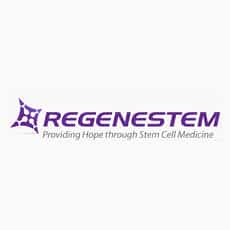
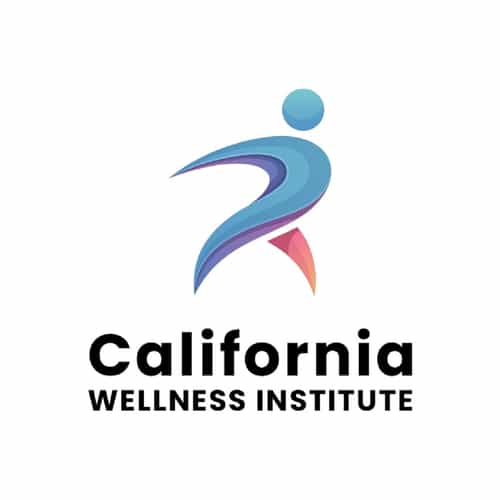

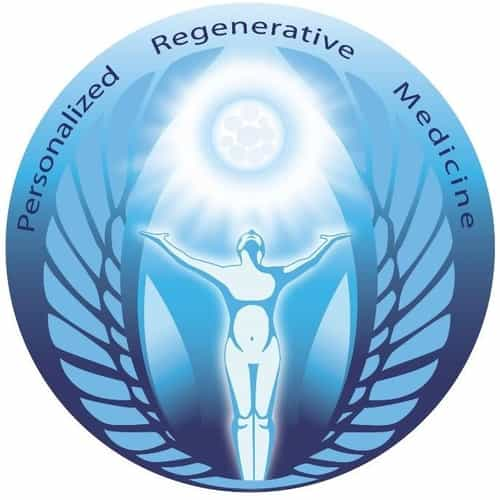
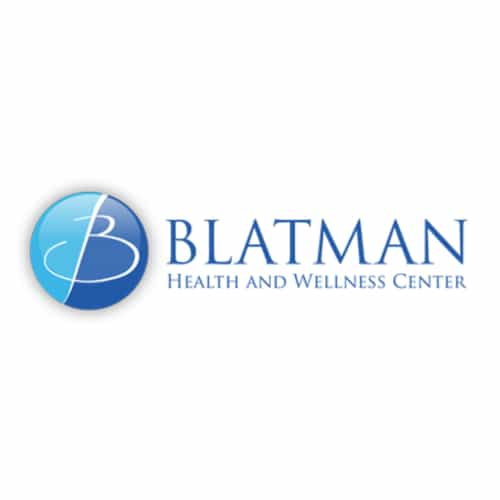
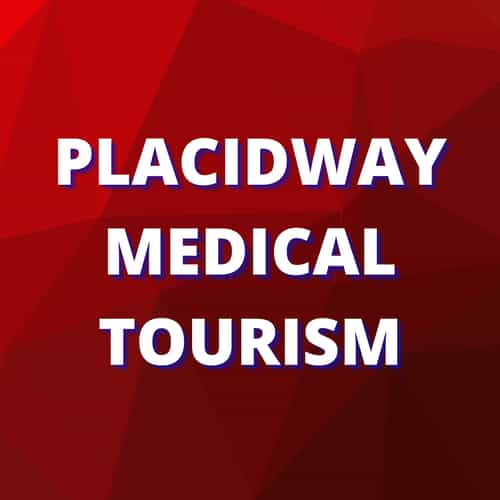
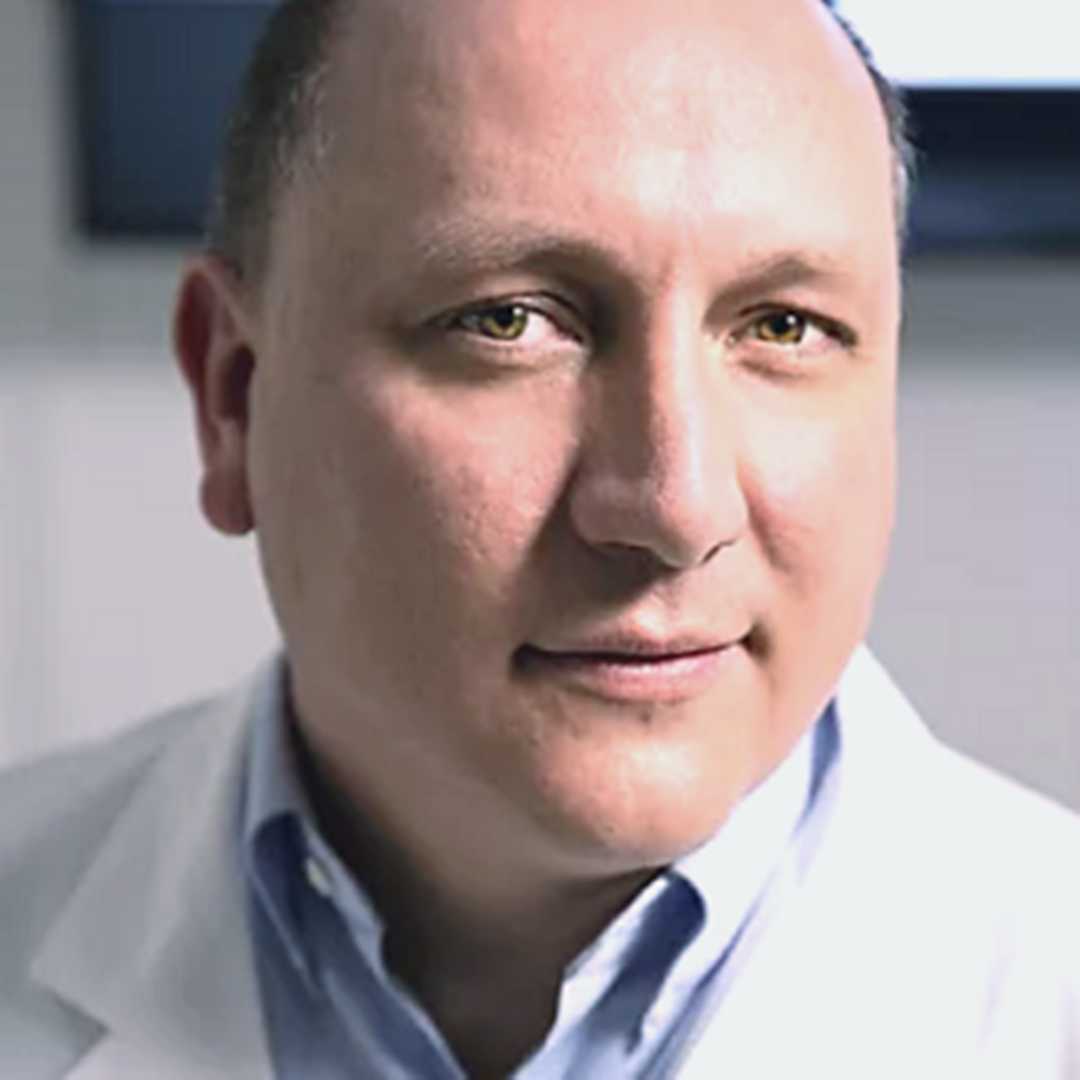
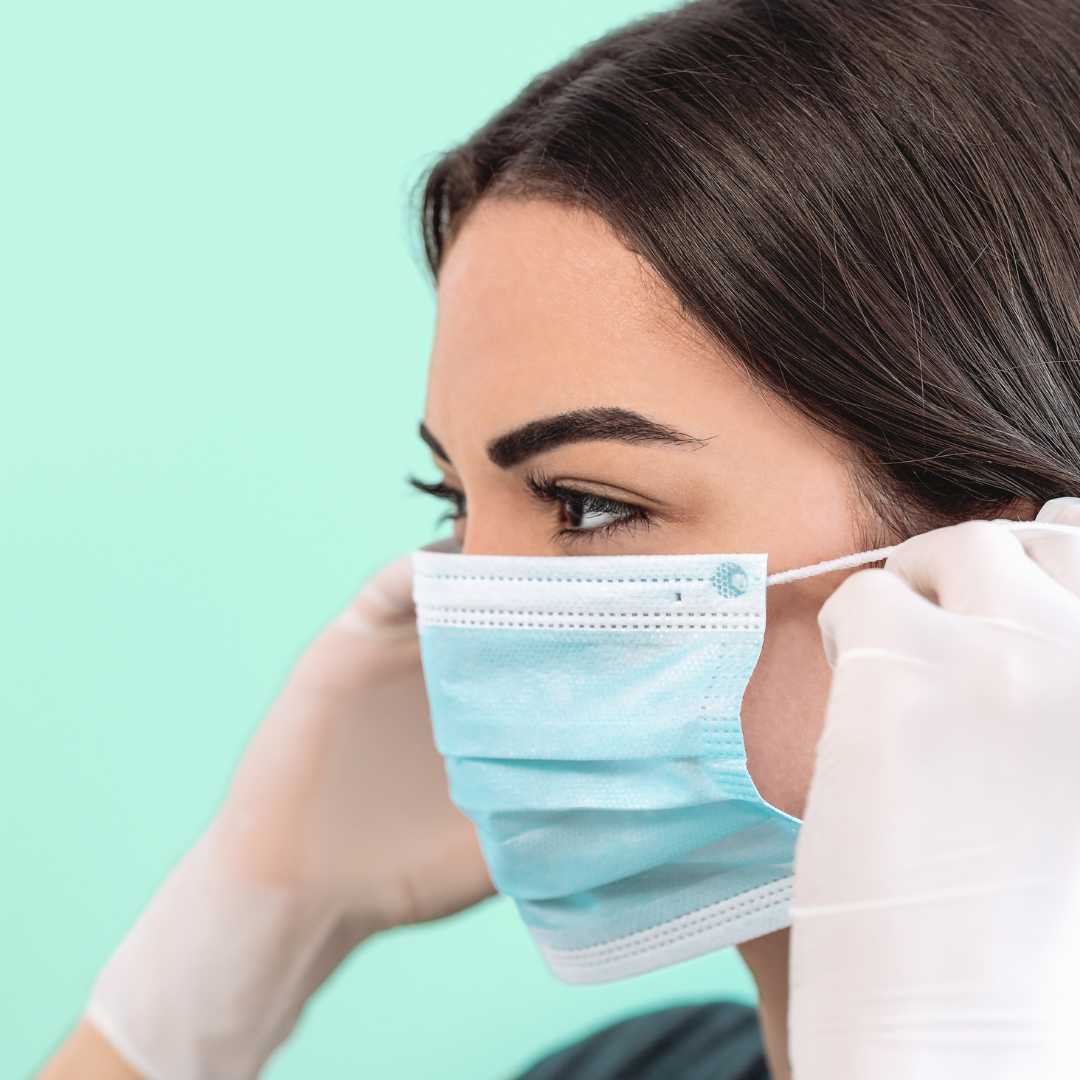



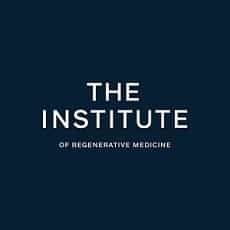
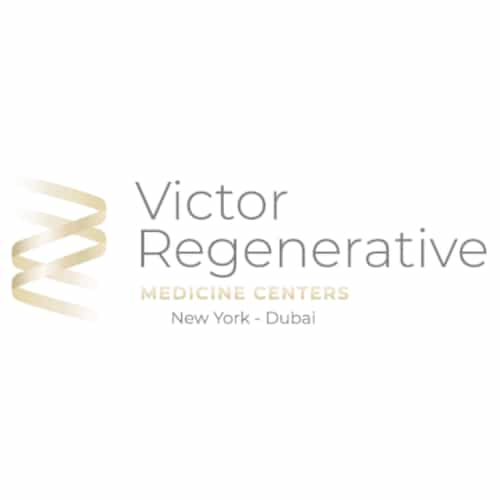
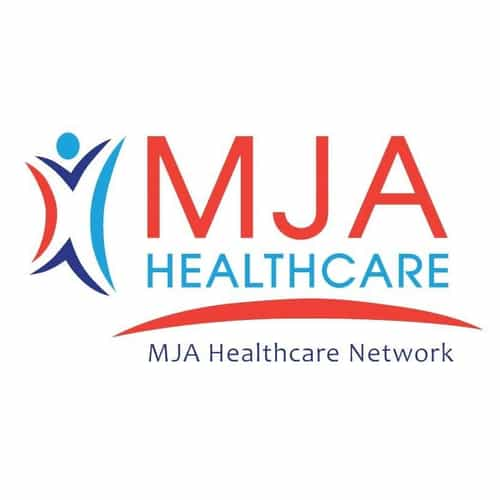
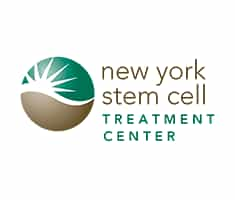
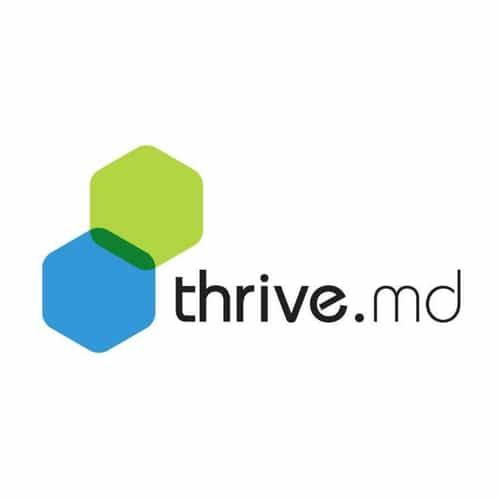
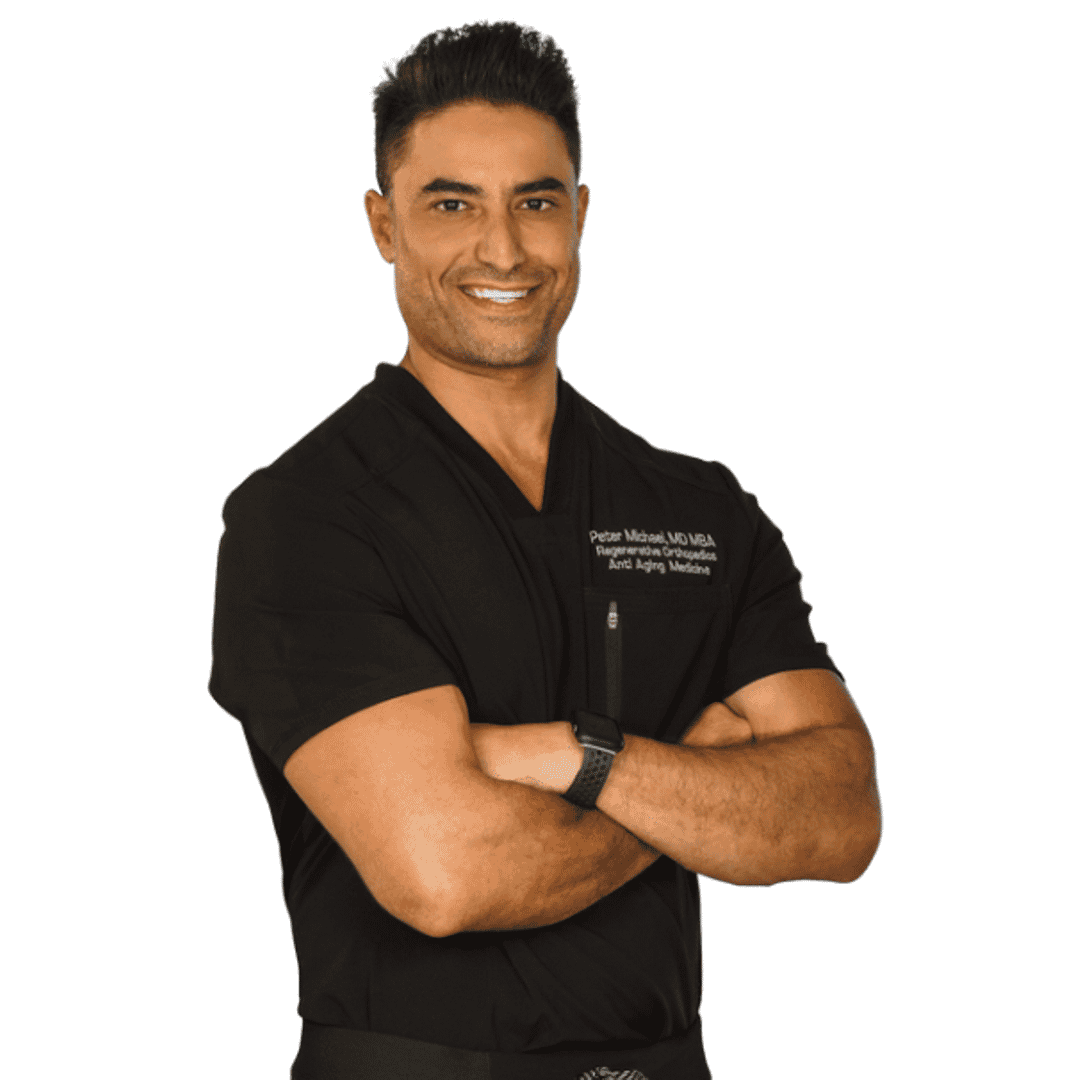




.png)
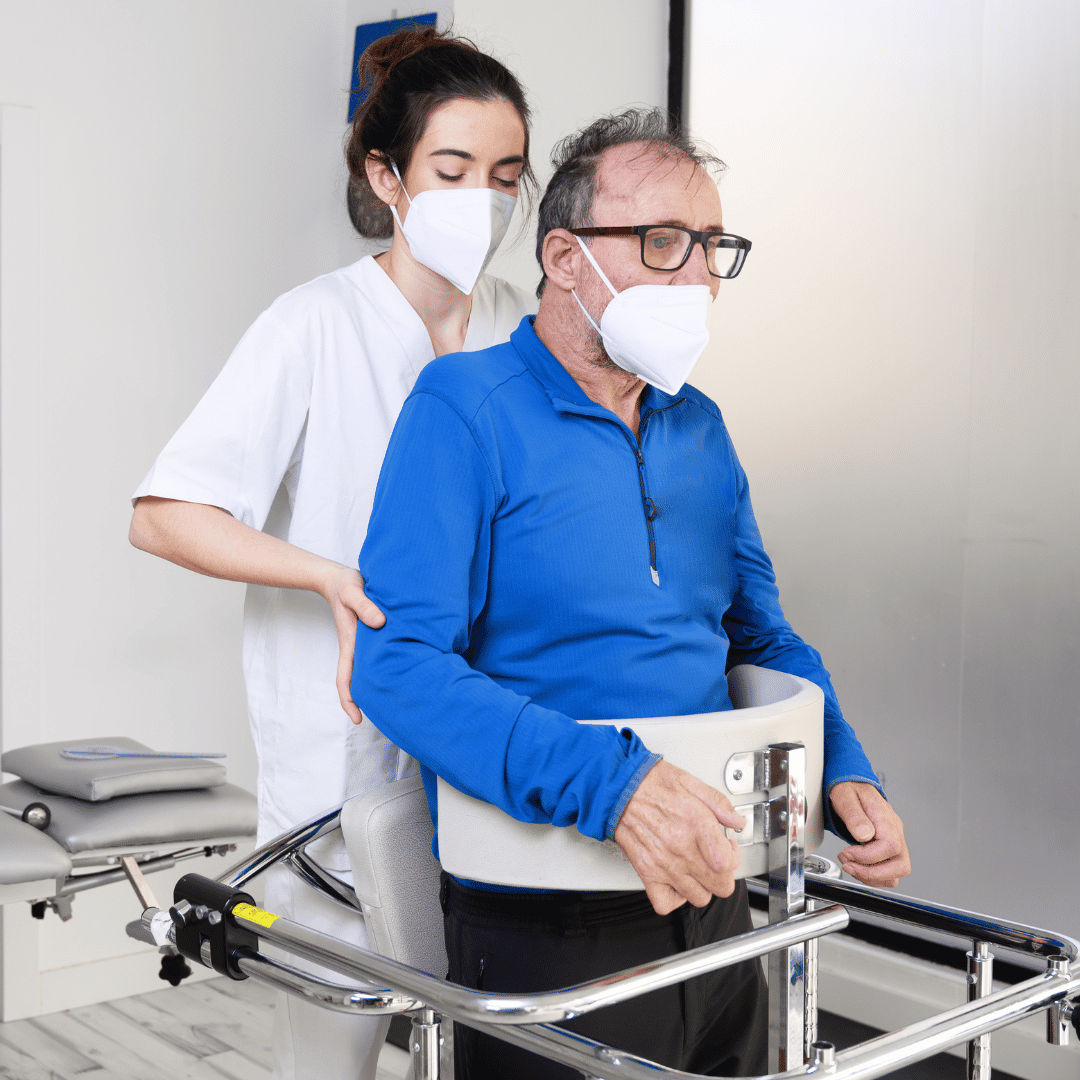
.png)
.png)

I just visited Regenestem office in Plantation, Florida and did an adipose stem cell procedure, peripheral blood stem cell, Ozone and IV vitamins treatment. It is a very clean safe place with excellent team who takes care of you. Everything was explained and all the questions answered. Dr. Stephen Channey is the best doctor I have ever met, he is very professional, caring and loving person. He does care about the patient and outcomes of the procedure. He knows what he is doing 100% and makes you feel at ease during the procedure. He answered all the questions during and after treatment and he has a great sense of humor so he makes you laugh! I would definitely recommend Regenestem to my friends and family. You will be in good hands! Ricardo and his team are the best!
Read More